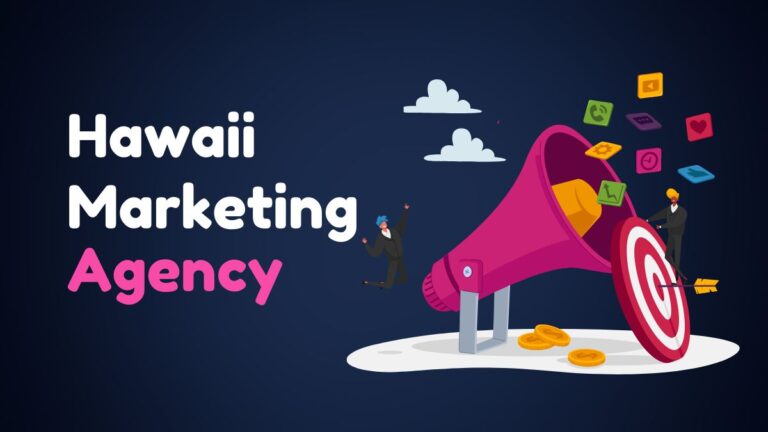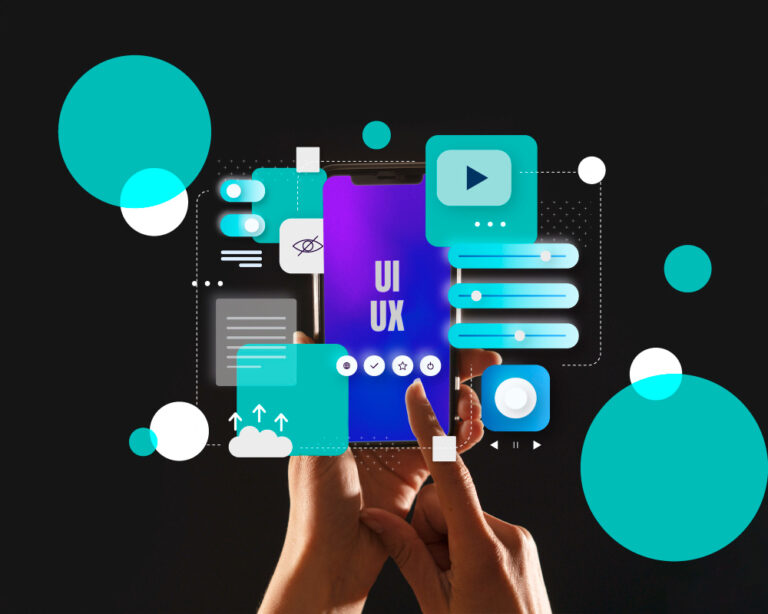As technology continues to evolve at a rapid pace, the payroll landscape is undergoing significant transformation. Emerging trends in payroll software India are set to revolutionize the way businesses handle employee compensation, tax compliance, and workforce management. Keeping an eye on these trends can help businesses stay ahead of the curve and leverage new technologies to enhance efficiency, accuracy, and employee satisfaction. Here’s a detailed look at the key trends shaping the future of payroll software.
1. Artificial Intelligence and Machine Learning
Enhanced Automation
Artificial intelligence (AI) and machine learning (ML) are revolutionizing payroll processes by introducing advanced automation capabilities. These technologies can predict payroll trends, identify discrepancies, and optimize payment schedules. AI-powered payroll software can handle complex calculations, reduce errors, and streamline the entire payroll process.
Predictive Analytics
ML algorithms analyze historical payroll data to provide predictive insights, helping businesses forecast payroll expenses and manage cash flow more effectively. These predictive capabilities can also assist in identifying patterns of absenteeism or overtime, allowing for better workforce planning and budgeting.
2. Cloud-Based Solutions
Scalability and Flexibility
Cloud-based payroll software offers unparalleled scalability and flexibility. Businesses can easily scale their payroll operations up or down based on their needs without worrying about infrastructure constraints. This is particularly beneficial for growing businesses or those with fluctuating staffing levels.
Remote Accessibility
The shift towards remote and hybrid work models has increased the demand for cloud-based solutions. Cloud payroll software allows HR and payroll teams to access and manage payroll data from anywhere, ensuring seamless operations regardless of physical location. Employees can also access their payroll information through secure portals, enhancing transparency and satisfaction.
3. Integration with Other Systems
Unified Platforms
The future of payroll lies in integrated, unified platforms that combine payroll with other HR and business functions. Integrating payroll software with HR management systems (HRMS), time and attendance tracking, and accounting systems can streamline operations, reduce data redundancy, and ensure consistency across various functions.
API Connectivity
Application Programming Interfaces (APIs) enable seamless connectivity between different software systems. Modern payroll software solutions leverage APIs to facilitate real-time data exchange, ensuring that payroll data is always up-to-date and accurate. This integration enhances operational efficiency and reduces the risk of errors.
4. Compliance and Data Security
Automated Compliance
Staying compliant with ever-changing tax laws and labor regulations is a significant challenge for businesses. Payroll software is evolving to include automated compliance features that ensure adherence to local, state, and federal regulations. These systems are continuously updated with the latest legal requirements, reducing the risk of non-compliance and associated penalties.
Enhanced Data Security
With increasing concerns about data privacy and security, payroll software providers are implementing advanced security measures. Encryption, multi-factor authentication, and secure data storage protocols protect sensitive employee information from cyber threats. Ensuring robust data security is critical to maintaining trust and compliance with data protection regulations like GDPR and CCPA.
5. Mobile Accessibility
Mobile Apps for Payroll Management
As mobile technology becomes ubiquitous, payroll software providers are developing mobile applications that allow employers and employees to manage payroll on the go. Employers can approve timesheets, run payroll, and view reports from their smartphones, while employees can access their pay stubs, tax forms, and request time off through user-friendly mobile apps.
Self-Service Portals
Mobile self-service portals empower employees to take control of their payroll information. They can update personal details, track work hours, and access benefits information without having to go through HR. This not only enhances employee satisfaction but also reduces administrative burdens on HR departments.
6. Real-Time Payments
On-Demand Pay
The concept of on-demand pay, where employees can access earned wages before the traditional payday, is gaining traction. Payroll software is evolving to support real-time payments, providing employees with greater financial flexibility and reducing their reliance on payday loans. This trend aligns with the growing demand for financial wellness solutions in the workplace.
Instant Payroll Processing
Real-time payroll processing ensures that payroll calculations and disbursements are completed instantaneously. This is particularly useful for businesses with irregular payment schedules or those that need to process payroll quickly in response to unforeseen events. Instant payroll capabilities enhance efficiency and ensure timely payments.
7. Artificial Intelligence and Analytics
Advanced Reporting and Insights
AI-driven analytics provide deeper insights into payroll data, enabling businesses to make informed decisions. Advanced reporting features allow HR and payroll managers to analyze trends, identify inefficiencies, and optimize payroll processes. These insights can also support strategic decision-making and long-term planning.
Employee Engagement and Retention
Analytics tools can help businesses understand employee behavior and satisfaction levels. By analyzing payroll data alongside other HR metrics, companies can identify factors influencing employee engagement and turnover. This information can be used to develop targeted retention strategies and improve overall employee experience.
8. Focus on Employee Experience
Personalized Payroll Solutions
The future of payroll software is increasingly focused on enhancing the employee experience. Personalized payroll solutions cater to individual employee needs, offering flexible payment options, customized benefits, and tailored financial advice. This personalization helps in attracting and retaining top talent.
Gamification and Engagement
Some payroll software solutions are incorporating gamification elements to boost employee engagement. Features like reward points, achievement badges, and interactive dashboards make payroll management more engaging and encourage employees to actively participate in their financial wellness.
Conclusion
The future of payroll software in Chennai is bright, driven by technological advancements and a growing focus on efficiency, compliance, and employee satisfaction. AI and machine learning, cloud-based solutions, integrated platforms, enhanced security, mobile accessibility, real-time payments, advanced analytics, and personalized experiences are key trends shaping the payroll landscape.












